Retail pharmacies are a ubiquitous part of the retail landscape, whether in supermarkets and big box retailers, or as independent, stand-alone businesses. The logistical planning and execution required to support these businesses is a complex and demanding process, involving the secure transportation, storage, and distribution of pharmaceutical products that are heavily regulated by the Food and Drug Administration.
Tracking the chain of custody ensures the authenticity, quality and safety of prescribed medications, but creates significant operational demands. While the process of tracking chain of custody is primarily the responsibility of the manufacturers and retailers, an appropriately licensed 3PL vendor can provide substantial support in meeting the regulatory requirements while pharmaceuticals are in storage or transit.
Chain of custody begins with the manufacturer, who is responsible for ensuring that drugs meet quality standards and are labeled correctly. They must then package and securely ship the medications to an authorized distributor or other approved repackager. Of the many services a 3PL can offer in terms of warehousing and distribution, retail pharmacy contracting is one where requirements for reliability and security are arguably at their highest.
To be considered suitable for pharmaceutical storage and distribution, the 3PL vendor’s storage facilities must be verifiably secure and may be required to be temperature-controlled. Security procedures typically require video surveillance, security seals, locked cargo and secure cages for storage. To ensure quality and stability, pharmaceuticals must be stored according to the manufacturer’s specifications. The 3PL must ensure that only authorized personnel have access to pharmaceuticals in storage or transit.
En route from warehouse to retail pharmacy, the 3PL provider must ensure that all drugs are transported in a secure and controlled manner with specific driver procedures and protocols.
As part of the chain of custody, accurate, real-time tracking of pharmaceuticals is of tantamount importance, and the 3PL must have contingency plans in place in case of issues such as theft or damage during transit.
Finally, the 3PL must verify upon delivery that all drugs have arrived intact and are accounted for. This requires maintaining detailed documentation of the chain of custody throughout the process, from manufacturer to retailer. A 3PL may also return empty pharmaceutical shipping totes to the manufacturer, and promptly deliver C-2 forms, which are required to document the transit of Schedule II controlled substances, to a local DEA office.
By providing secure storage, controlled transportation and detailed documentation, a licensed 3PL provider can be a valuable resource for retail pharmaceuticals. When engaging with third-party providers, it is essential to ensure that they have the experience, resources and commitment needed to comply with FDA regulations and fully execute the chain of custody. At Expak Logistics, we are happy to partner with our retail pharmaceutical customers in fulfilling this critical role.
Now that we’ve learned about the importance of chain of custody, learn more about what to look for in a pharma logistics provider.

